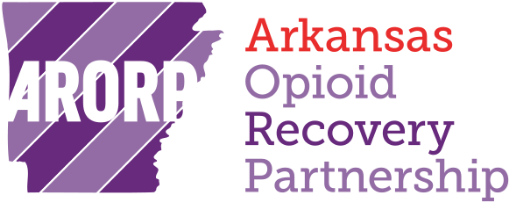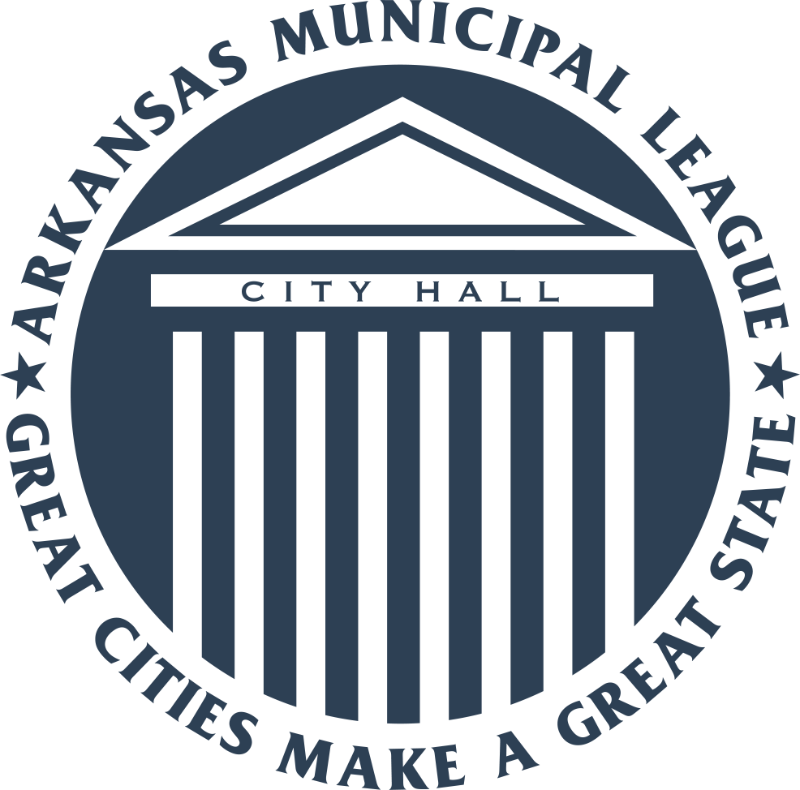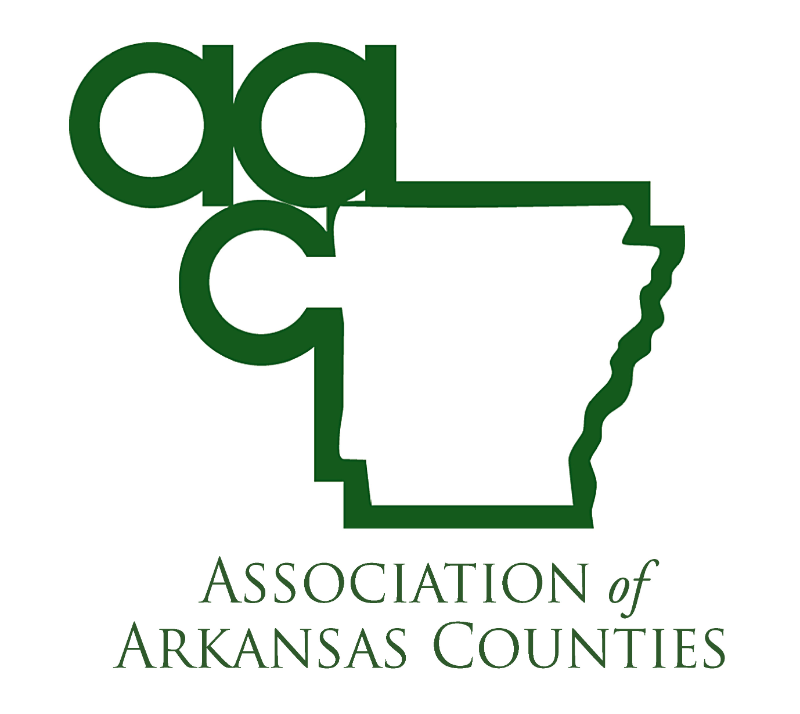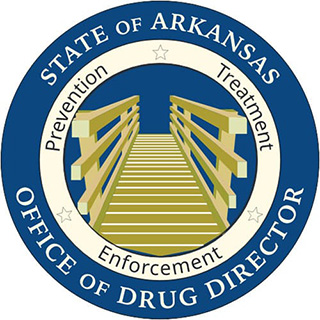Fighting opioid crisis in Arkansas

Link to original article by the Mountain Home Observer
The opioid crisis has had a widespread and destructive impact on Arkansas. Individuals have struggled to overcome addiction and communities have invested in treatment and recovery to break the cycle of dependence, giving families hope in the fight against opioid abuse.
Fentanyl, a synthetic opioid, is now the number one cause of overdose deaths in our state. Federal, state and local leaders are implementing a wide range of strategies to combat this devastating reality. One key to moving us in the right direction is making life-saving medication more well-known and readily available.
Arkansas first responders and law enforcement have been administering Narcan, the nasal spray form of naloxone, to reverse an opioid-induced overdose. More than 1,500 people in our state have been saved as a result, and that number will continue increasing.
In March, the U.S. Food and Drug Administration approved access to this medication without a prescription for emergency use during a suspected opioid overdose. With the option to purchase this product over-the-counter, more people will be able to dispense it.
Just months ago, Arkansas legislators passed a new law requiring public high schools and universities to have naloxone drug overdose kits available on campus. The initiative gained the attention of one of my colleagues in the U.S. House of Representatives who introduced similar legislation for schools nationwide.
Further efforts to fight opioid addiction can be seen in the creation of the Arkansas Opioid Recovery Partnership (AORP). The Association of Arkansas Counties and Arkansas Municipal League partnered to launch this initiative to ensure the state’s $200 million from the national opioid settlement are targeting the best practices and programs to help reduce the scope of the epidemic.
Over the summer, AORP secured more than 15,000 naloxone kits for law enforcement to help victims of overdose. Arming officers on the frontlines of this crisis with this powerful resource is an important step to preventing fatalities and even getting users on a path to treatment and recovery.
We must take a comprehensive approach to solving this problem and that includes targeting the illicit fentanyl supply chain from the chemical suppliers in China to the Mexican cartels that traffic the drugs across our southern border. I’m proud to champion the FEND Off Fentanyl Act. This bipartisan legislation would strengthen current law so government agencies can more effectively disrupt the trafficking of fentanyl and impose sanctions on money laundering that makes this criminal activity profitable.
We’re working to turn the tide against the epidemic through a variety of methods and there is a role for us all to play.
Drug take-back programs are an important tool to getting legal prescription drugs off the streets and out of the hands of friends, family and neighbors who might misuse them either deliberately or unintentionally.
Across the state, law enforcement agencies have collection boxes to dispose of these medicines. On Arkansas Drug Take-Back Day, Saturday, October 28, additional temporary drop-off sites will be available to make it even easier to get expired or unused medication out of our homes.
We’ve come so far in recent years, but we still have a long road ahead of us. The good news is there’s so much work being done, at all levels of government and in the private sector, to turn the tide and break out of this tragic and senseless cycle.



